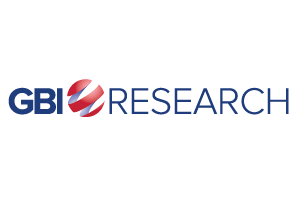The UK’s National Institute for Health and Care Excellence (NICE) advises the NHS on what drugs, devices, and technologies to buy in England and Wales using evidence-based data on incremental net cost-effectiveness.
A key component of NICE's work is evaluating new treatments and deciding whether to approve them for patient use. The institute considers effectiveness and price, as well as the cost of current treatments and potential net savings.
The agency’s threshold for how much it can spend on a drug is £30,000 per quality-adjusted-life-year, but this is more of a guideline. If a treatment is effective and meets certain requirements, NICE is often willing to approve drugs that go above this figure.
A difficult position
NICE often has to reject drugs that may improve patient care because the improvement to patient life years relative to the cost is not great enough.
This is an emotive and controversial topic for pharmaceutical companies, doctors, health groups, and patients.
An issue has arisen from NICE publicly stating its incremental cost-effectiveness ratio allowing almost no room for negotiation.

US Tariffs are shifting - will you react or anticipate?
Don’t let policy changes catch you off guard. Stay proactive with real-time data and expert analysis.
By GlobalDataIs the current price threshold too high?
Researchers at the University of York argue that the maximum the NHS can spend on a drug should be lowered to an incremental cost-effectiveness ratio of around £13,000.
This would alleviate the cost implications that new treatments have on the NHS, which already has to stretch its budget across all areas, not just treatment expenditure.
As the threshold is only a guideline with little theoretical basis, an evidence-based incremental cost-effectiveness ratio or removal of the threshold is needed.
NICE does not currently have a fixed yearly budget, meaning each case is assessed individually. Having a cap on spending for new drugs and treatments would mean the NHS could save money across the board, and give NICE greater power when negotiating prices.




